Key Takeaways
- Building permits in Atlanta have dropped by 42%, causing widespread project abandonment by real estate flippers.
- Neighborhoods suffer as financing becomes scarce, increasing unfinished homes and contributing to visible decay.
- The instability threatens personal investments, careers, and the overall health of community living environments.
Unfinished Dreams: The Growing Impact on Atlanta’s Neighborhoods
Atlanta’s real estate market now stands on a knife’s edge. Building permits have crashed by a devastating 42%, forcing project flippers to abandon homes, leaving eerie shells and half-finished sites.
Financing has dried up, costs spiral, and entire neighborhoods fall into decay.
Careers, investments, and community stability teeter on the brink. The foundations are shaken—what dark consequences will unfold next as panic tightens its grip across the city?
Atlanta’s Home Flipping Market Collapses
As Metro Atlanta plunges into a housing crisis, the once-thriving world of home flipping has collapsed into chaos, sending shockwaves through the local real estate industry. Where ambition and enthusiasm once fueled a relentless drive for luxury upgrades and ambitious green initiatives, only devastation remains.
Metro Atlanta’s housing crisis has shattered home flipping, replacing the boom of upgrades and green dreams with utter devastation.
A shocking 42% decline in building permits has ushered in panic, abruptly halting projects and shattering investor confidence. Flippers are being crushed by tightening margins, forced to flee as a perfect storm of deadly pressures descends with merciless force.
Rising material and labor costs, intensified by international tariffs, have ignited a relentless blaze, incinerating profits and burning through contingency plans faster than investors can react. Home flippers, once lured by dreams of high-end finishes and green initiatives promising both prestige and efficiency, have been cast aside, their visions buried under the rubble of spiraling inflation and shrinking returns. As uncertainty grows, would-be sellers grapple with the financial consequences beyond your credit report when projects fall through or homes languish unsold.
Renovators seeking to stand out with luxury upgrades now find themselves suffocating in over-improved districts, unable to justify surging expenses when buyers grow more cautious than ever before. Unlike the rise of celebrity-influenced real estate tactics seen in Boston, Atlanta flippers find no safety net as traditional models collapse.
Corporate buyers have sensed opportunity amid the wreckage, swooping in to dominate Metro Atlanta’s $200,000 to $350,000 starter home inventory. These relentless institutional forces devour available properties, transforming them into permanent rentals and locking out first-time buyers.
Traditional flippers are pushed even further into the abyss as available stock vanishes, their models rendered obsolete, their margins depleted beyond repair. Amid this predatory environment, neighborhoods face a rising tide of maintenance concerns as investor-owners leave properties neglected, and local residents battle declining quality and fading hope.
Builder priorities have undergone a seismic shift, abandoning speculative flips in favor of the more stable ground of affordable and walkable projects.
The market, saturated by a glut of failed investor experiments, is correcting itself with bone-chilling rapidity. Massive mixed-use developments attract capital formerly destined for one-off renovations, while flipper-abandoned homes linger distressingly on the market, days turning into weeks, hope dissolving into despair.
Volume corrections are pummeling luxury-focused and over-improved properties hardest, with buyers now bargaining furiously in a market inching perilously toward balance.
Interest rates, locked in a punishing 6.9-7% range, slam the brakes on refinancing and squeeze move-up buyers with merciless efficiency.
The chilling effect of rate instability, coupled with the fear of political shocks and tariff shocks, amplifies investor paralysis. ARM loans regain appeal in a climate of uncertainty, but even the boldest buyers hesitate as black swan risks lurk in every shadow, burying anyone caught unaware.
Atlanta’s real estate apocalypse signals a dire warning for investors far beyond city limits. As permits evaporate, luxury upgrades stall, green initiatives wither, and investment bloodbath engulfs the unwary, only those who adapt with ruthless speed and chilling resolve may survive.
Adopting eco-friendly plumbing solutions—like smart leak detection and low-flow fixtures—may help remaining investors control expenses and attract increasingly sustainability-minded tenants in a bleak and unpredictable market.
The age of the home flipper has ended—in fire, fear, and financial ruin.
Assessment
Where Does Atlanta’s Market Go From Here?
It’s a tough road ahead for Atlanta’s real estate scene. With so many projects on pause and neighborhoods showing the strain, the steep 42% drop in building permits really makes you wonder what’s next. Costs keep climbing, financing is getting harder to find, and investor returns are shrinking fast—it’s a pretty rough mix. While the market is certainly in stormy waters, now’s the time for everyone involved to talk openly, rethink their plans, and focus on smart, sustainable moves. If you’re an investor, builder, or local leader, keeping a close eye on these changes—and working together—could make all the difference in steering Atlanta through this challenging moment.





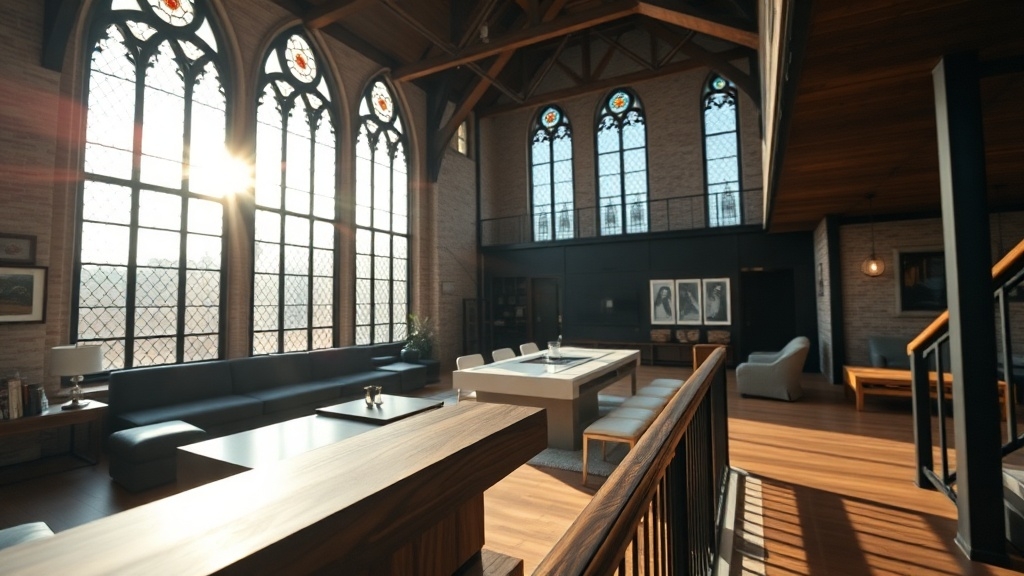


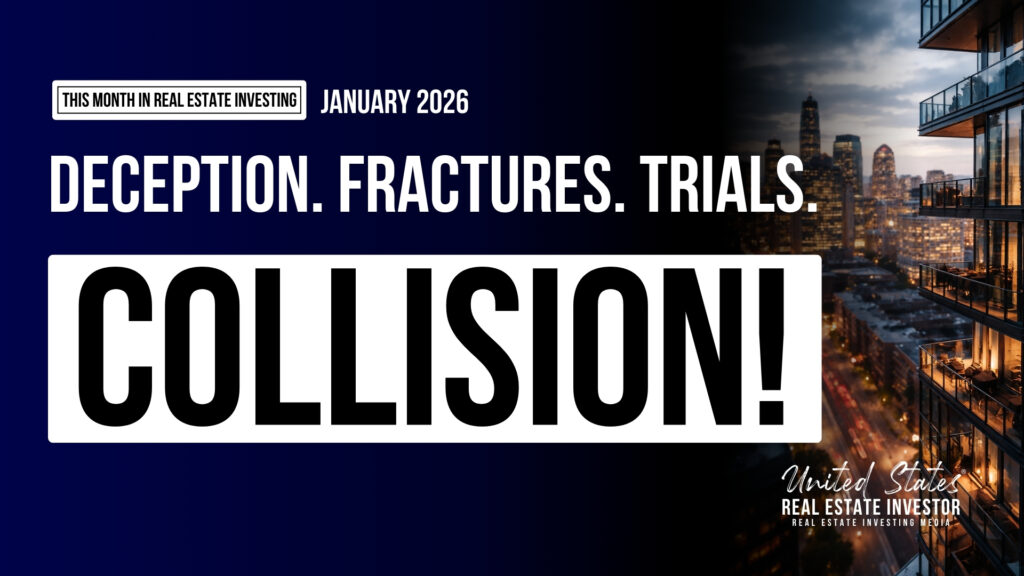


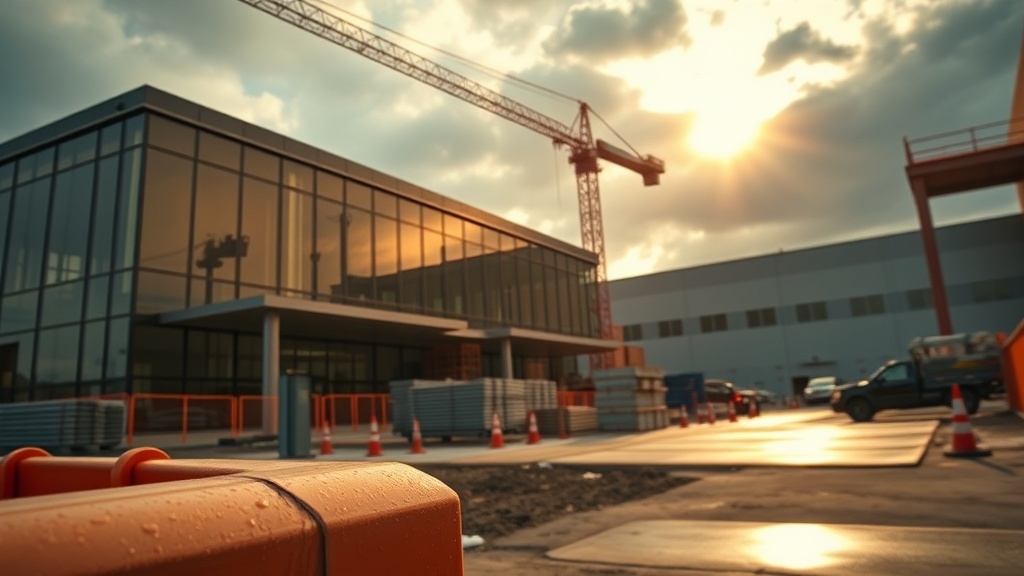






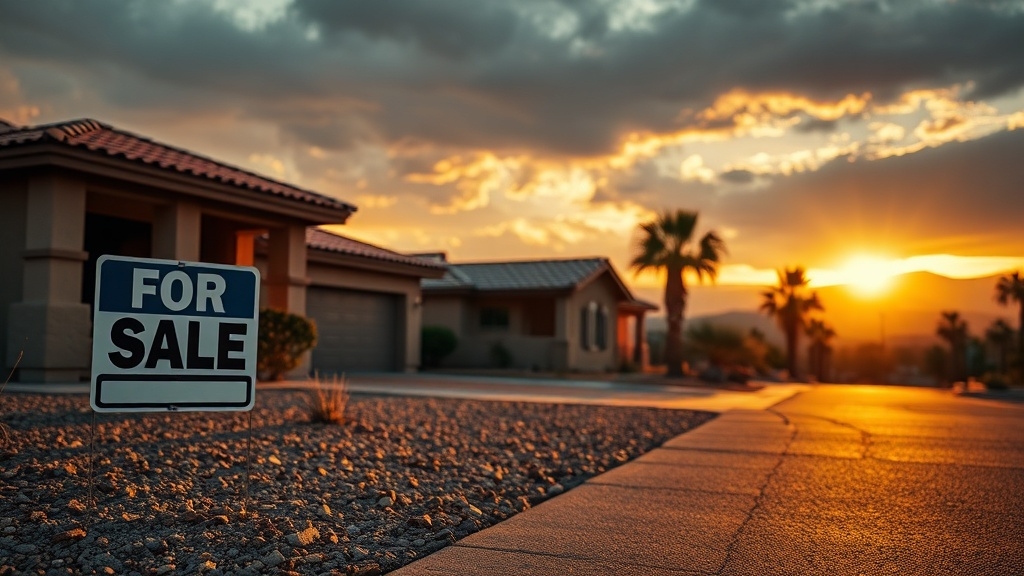
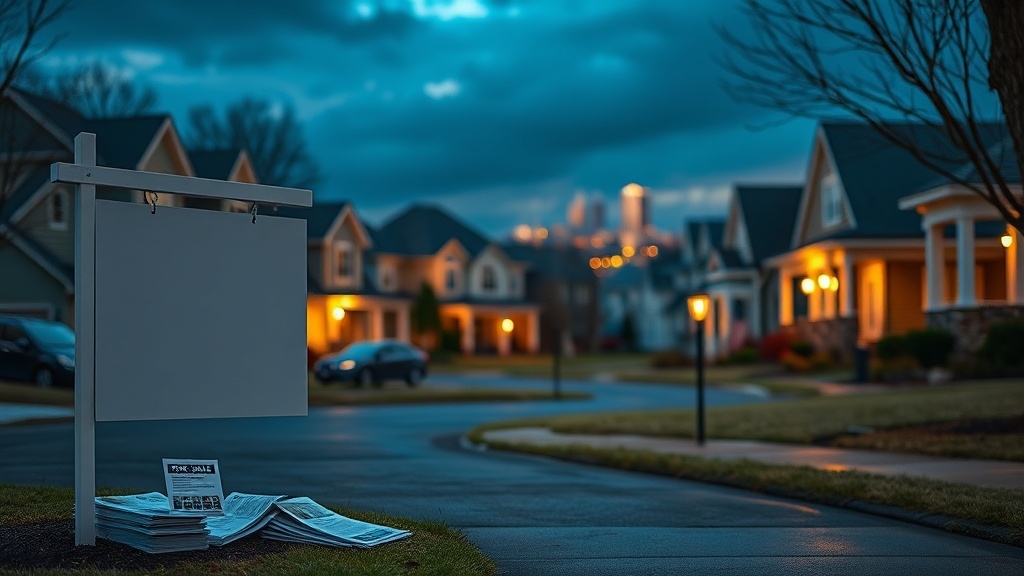





4 Responses
Isnt this a golden opportunity for Atlanta to replace these abandoned flip projects with affordable housing? Just a thought.
Honestly, isnt this crash just a market correction? Maybe Atlanta was over-saturated with flippers. What about focusing on affordable housing instead?
Maybe its time Atlanta focuses on creating sustainable housing instead of these flipper projects that are clearly failing? Just a thought.
Wow, Atlantas market crash is alarming! Perhaps its the universe telling us to prioritize affordable housing over flipping houses? Just a thought.